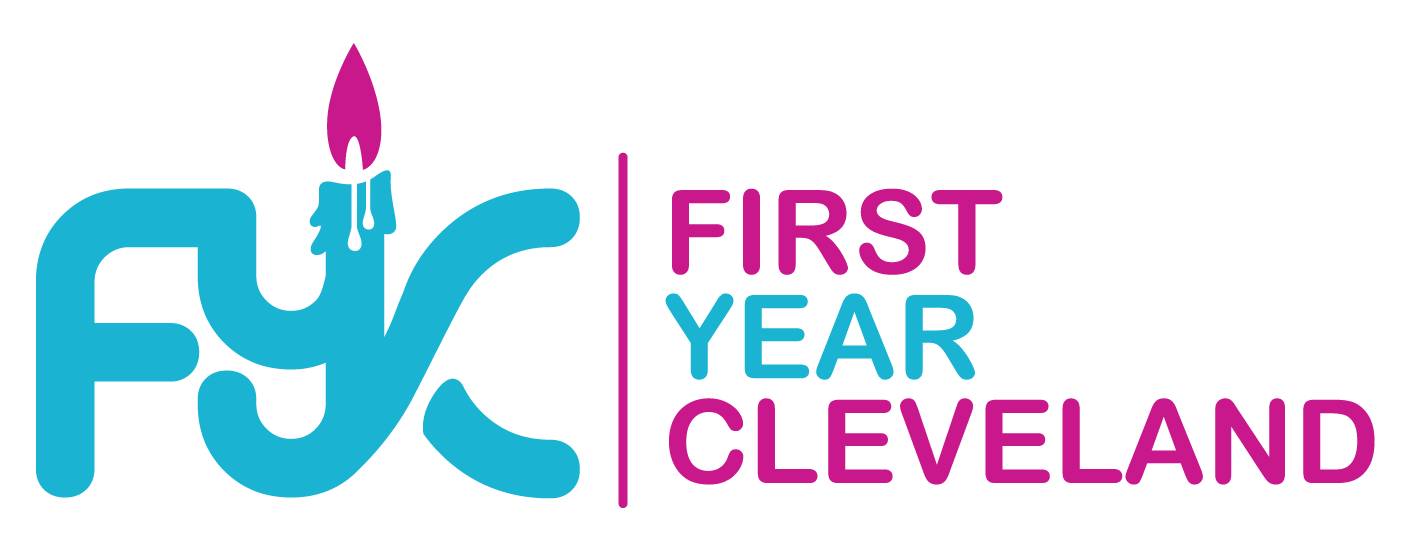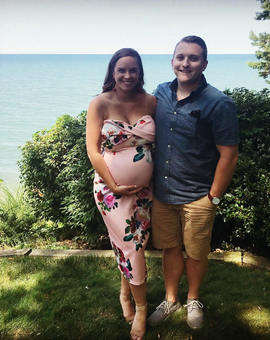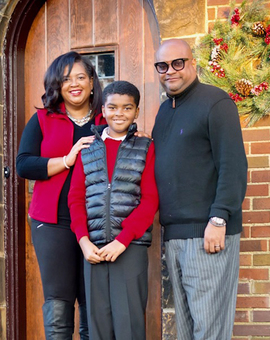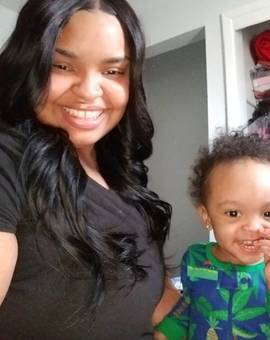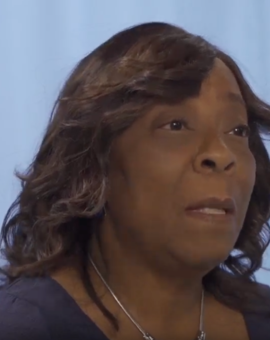
Marlene B.
After the devastating loss of her grandson, Brandyce, in 2013, due to an unsafe sleeping arrangement, Marlene B. turned her sorrow into activism. Marlene has shared her story in an effort to spread the importance of the ABCDs of safe sleep, reminding parents and caregivers to put a baby to sleep Alone, on their Back, in a Crib and Do not smoke. She regularly shares her message to community groups and organizations, and she is part of the First Year Cleveland team on safe sleep. Here, she shares her perspective as a grandmother in the fight for healthy babies.
The night my grandson passed was just an ordinary day. The family had movie night that evening, with everyone gathered together in the living room. My son-in-law had just worked a double shift, so he was extra tired; but, he wanted to have that quality time with family. After the movie, he took Brandyce in the bedroom, so they could get some sleep and he would be close. But, when he woke up, Brandyce was not breathing. He had been caught in the covers. My daughter tried CPR, but it didn’t work. It was an incredibly difficult loss.
I became a safe sleep advocate in the emergency room on the day my grandson passed. The nurse in charge pulled me away from the family and somehow must have felt she could confide in me. I so vividly remember the sense of loss and fear she had for our babies as she made me aware of how she sees this happen on a regular basis. I thanked her for making me aware and said her testimony would not be in vain.
It was a tragedy that I would not want any other family to go through. That’s why I’m so dedicated to spreading the word about how to stop this from happening to any other child. I tell parents, grandparents, uncles, aunts — really, anyone who will listen — that they have to follow the ABCDs: have the baby sleep Alone, on its Back, in a Crib and Don’t smoke. Some give pushback because it goes against something they’ve done all their lives. Their mothers put them to sleep on their stomachs. Their grandmothers did the same thing. That’s when I tell them, “I did it, too.”
“It was a tragedy that I would not want any other family to go through. That’s why I’m so dedicated to spreading the word about how to stop this from happening to any other child.”
I breastfed all my babies and at night, I was tired. Babies eat all the time and sometimes I was just too tired to put them down in their crib. So, I would put them on my chest and hold them tight so I didn’t roll over on them. Thank the Lord I was able to do that safely, but unfortunately, not everyone can, and it’s not worth it to take that risk. We can help these babies by using the ABCDs. When you know better, you do better — because I didn’t know. My mother didn’t know. Once you know, though, you have to push yourself through the exhaustion and make sure your child has a safe place to sleep. Following the ABCDs is the best bet for a safe night’s sleep.
Every year, we lose a kindergarten class-size of babies due to unsafe co-sleeping. When I share that number, people go silent, because that puts it into perspective. Once you know that, that image sticks with you. Now, I recognize that trust is key — people will trust what their mother tells them more than a doctor or a speaker at an event that they’ve never met before. That’s why we each have to be vocal about this and make sure we’re spreading the message to everyone who needs to hear. I am now a part-time loss trainer with First Year Cleveland, and in the videos in the training module for MetroHealth Hospitals, I share my story and the importance of safe sleep habits.
If you can educate one person, then that person will turn around and educate a friend. Then, that friend will educate another friend. And then we’ll have a movement — and we’ll have our babies, all grown up.
